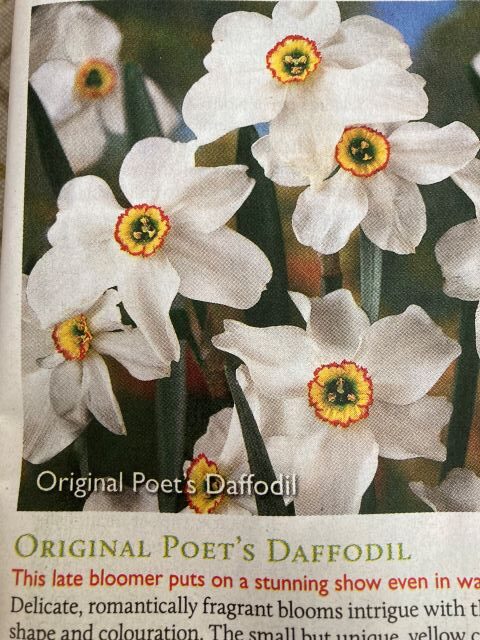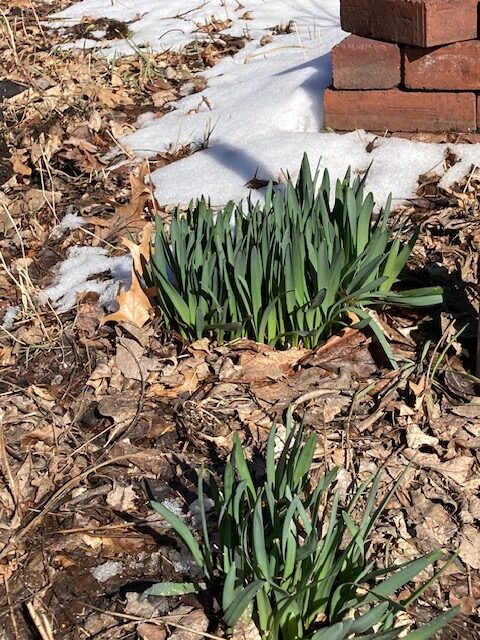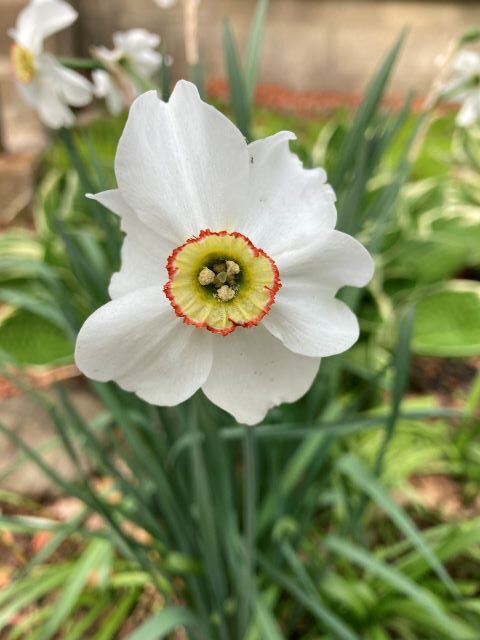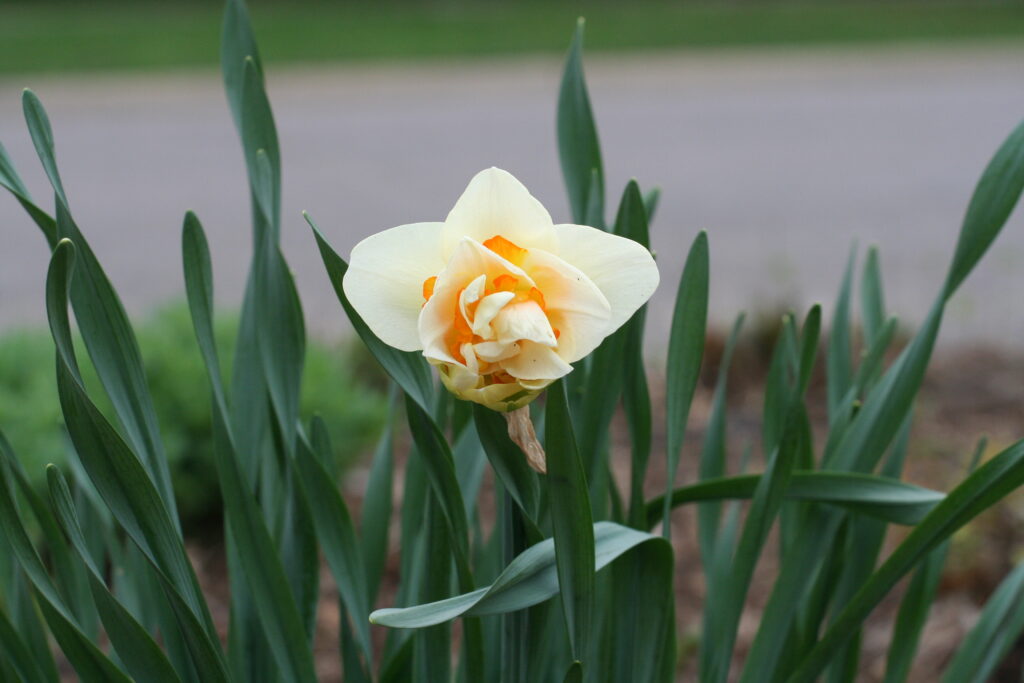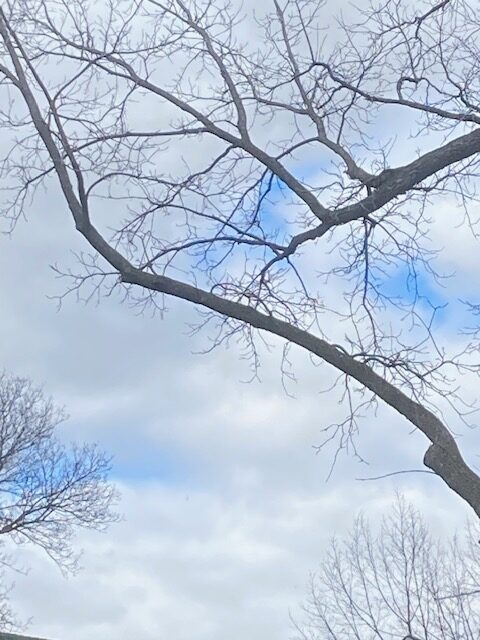
If you have already seen this gentle, luminous, poetry-filled fillm, then you know. This riveting “Week in the Life” of two young married people, working class artists living in Paterson, New Jersey, is a small miracle. Or maybe not so small. The main character is a bus driver who writes poems inspired by the people, places, and things around him–anything he notices and responds to in his daily round might spark a poem that he writes into a notebook he carries everywhere. His wife overflows with artistic impulses and dreams–to make astonishing cupcakes, to paint, to learn to play the guitar and become a country western star. Their English bulldog, Marvin, plays a quiet but key role, and is a sly scene stealer.

The backdrops for this astonishing film, which blends poetry into the action at each turn seemlessly and believably, is the working class city of Paterson and the eponymous five-volume epic poem, Paterson, written by a dean of American modernist poetry, William Carlos Williams. Williams grew up in Rutherford, a small town near Paterson, and returned to it after his schooling to live there and practice medicine while writing poetry and raising a family.
If you haven’t seen the film and would like an intelligent blow-by-blow, this review by “Film Guy Stash” does a brilliant job.
If you do take the plunge and watch the film, you might want to learn more about the poems featured in the film. Each poem is treated almost like a character, with a form on screen in typeface and a voice, too, usually the main character, also named Paterson, reads them. One of the poems, attributed to a young girl, was written by the film’s director, Jim Jarmusch. Another is a frequently anthologized and justly famous short lyric, “This Is Just To Say,” written by William Carlos Williams. The remaining poems (most commissioned for the film) were written by contemporary poet, Ron Padgett, whose strong and sinuglar voice holds echoes of Williams’ cadences and images draw from daily life.
William Carlos Williams (1883-1963)

Paterson by Williams is an epic amalgamation of the poet and the city. Memorable quotes include “No ideas but in things”; “The City is a man”; “The Falls are sprinkled partridges, outspread, spotted with white specks.” (In the spirit of full disclosure, I confess that, while I am drawn to Williams’ short lyrics I have never been able to go beyond Book I of his Paterson. If you have read this epic in its entirety, hat’s off to you!”
Ron Padgett (1942-present) (legacy of French symbolish and Dadaist writing)

Years ago, another Northfield poet, D.E. Green, referred me to the work of Ron Padgett, and two of his many titles have a permanent place on my bookshelf:
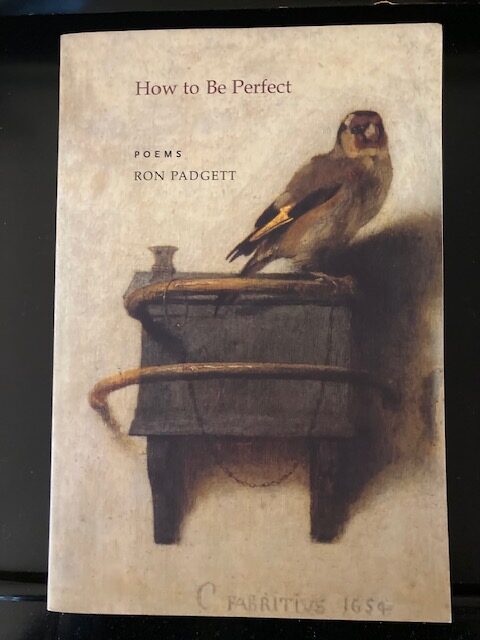
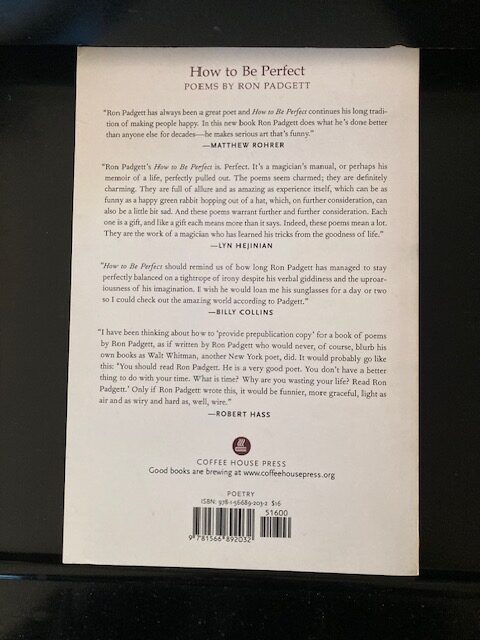
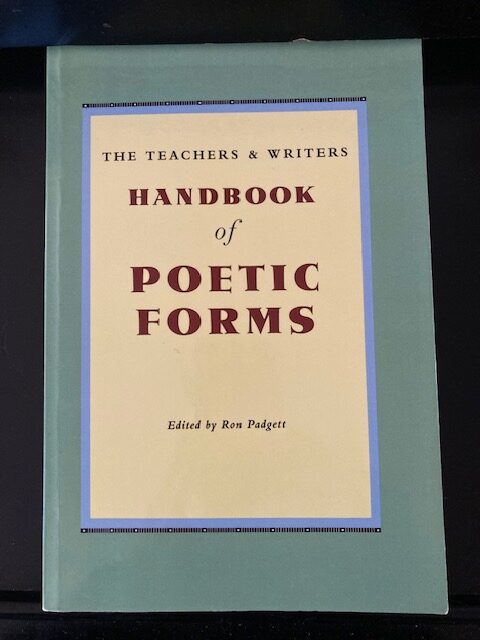
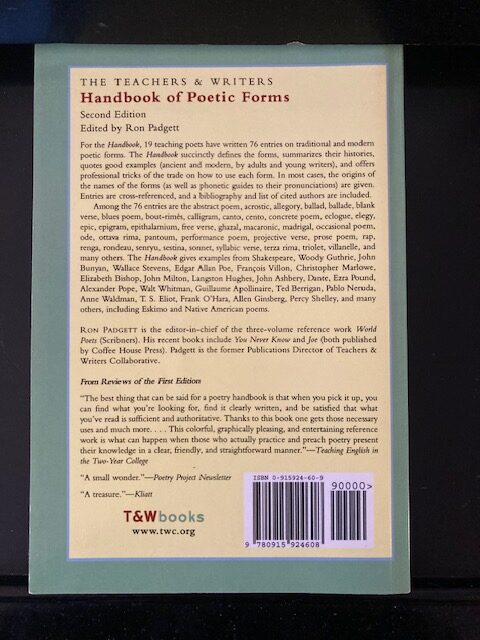
When I think about the rich cinematic experience of this quiet movie, it is the themes I see that move me most: “Bloom where you are planted. Be brave enough to risk doing the work, and share it with the world. Look anywhere, and you will find love and beauty and art looking right back.
LESLIE



